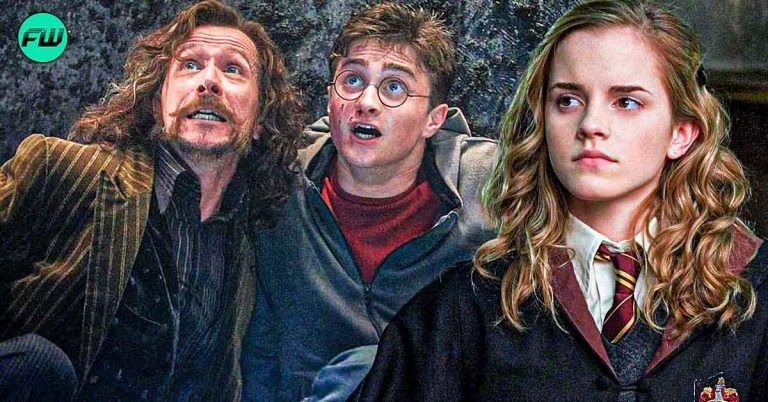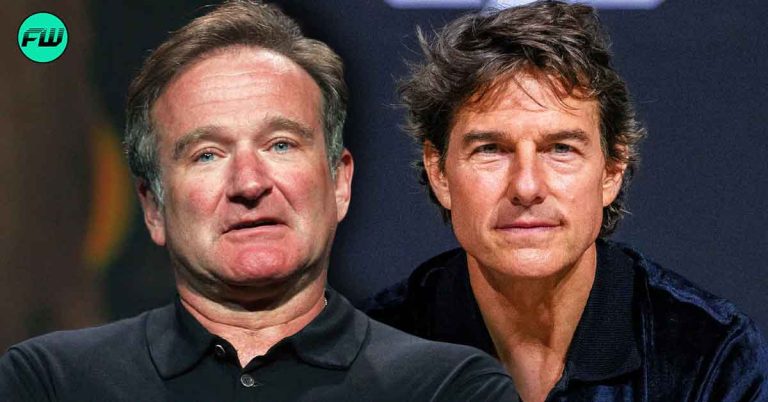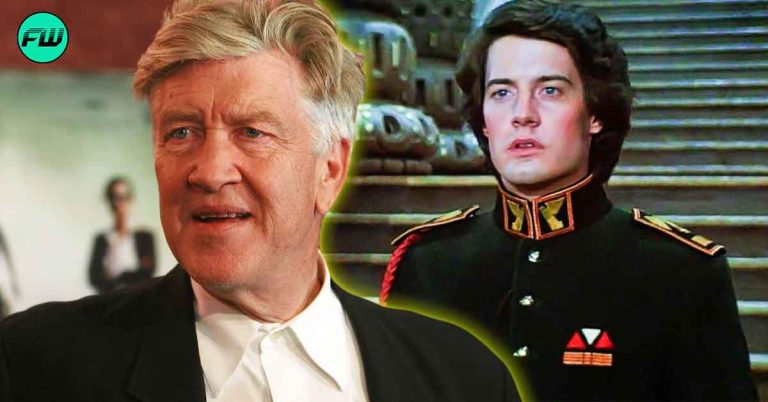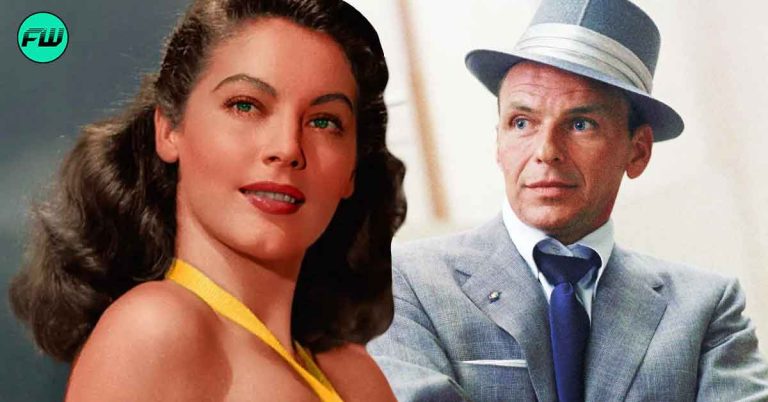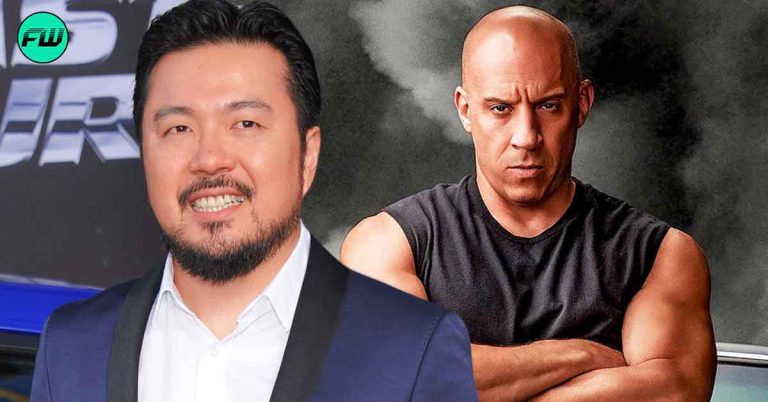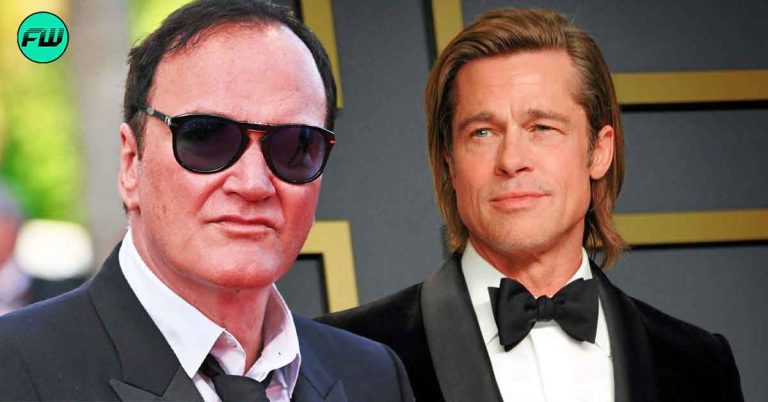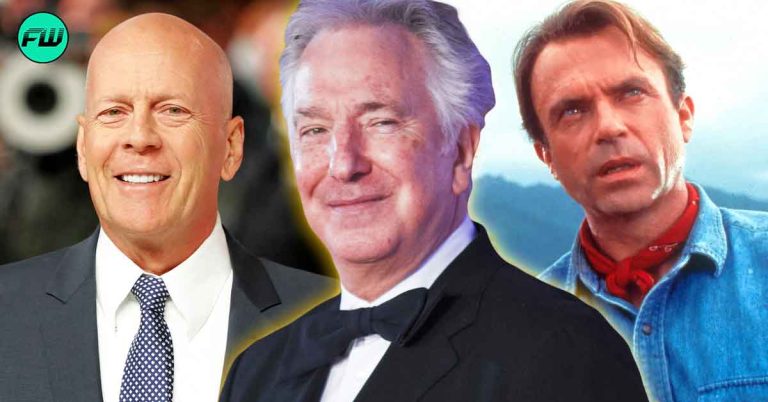Black Panther: Wakanda Forever’s imminent release sets up not only how multiple characters would move on, deal with loss and step into their roles with this journey of powerful new heroes and villains entering the battlefield. Ryan Coogler, director of both the installments of the series has stated that the newest antagonist in their movie, Namor, can easily be compared to Thor or Hulk in terms of power potential.
/cdn.vox-cdn.com/uploads/chorus_image/image/71448359/namor_black_panterh_wakanda_forever.0.jpg)
Tenoch Huerta’s Namor and Dominique Thorne’s Ironheart are the most anticipated characters of the movie and the power they hold as compared to those that have already been established. The Submariner’s ability as a mutant is already a big advantage for him and that makes him as strong as an Avenger.
Namor Might Be As Strong As The Most Powerful Avengers
Namor, being the first mutant is already extremely strong, his abilities near the water make him even more powerful than anticipated at first. Director, Ryan Coogler has revealed that this powerplay is strong enough to be compared with an Avenger, specifically Hulk and Thor. His interest in the nation of Wakanda and how his political views would clash with that of the citizens of Wakanda already make him a force to be reconned with.
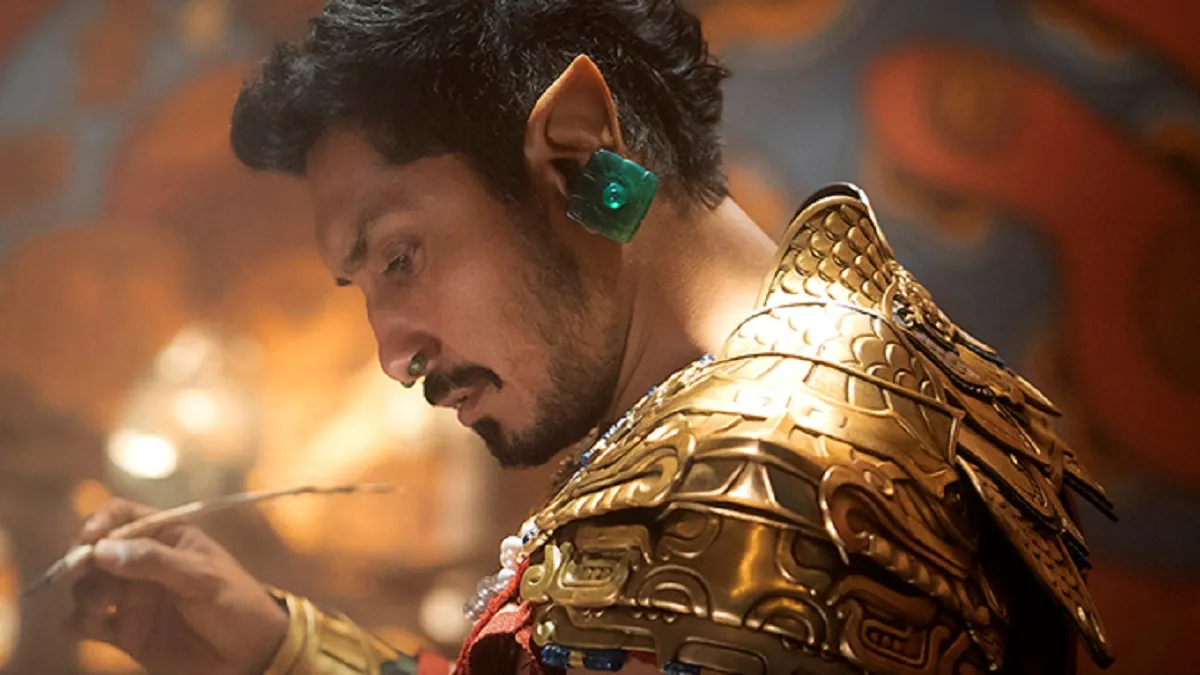
“[There’s] no equal in terms of his capabilities, being able to breathe underwater and breathe at high altitudes and walk around on land. He’s incredibly strong, he’s as strong as Thor, and if he’s around enough water he can be as strong as the Hulk.”
While comic book readers might know Namor to be an anti-hero rather than an antagonist, it can be said that the God of Thunder might finally have competition. Tenoch Huerta‘s character’s motivations make him very different from the rest of the villains, wanting power, not for the thrill but, to protect and care for his people who live underwater.
No one thinks of themselves to be the villain in their story and Namor is no different.
The Change Of Powerplay With Namor’s Introduction
The Marvel Cinematic Universe may have changed a few aspects of the character’s story in terms of lore but, they have kept his abilities and powers untouched. He might not be from Atlantis anymore, however, near or underwater, no one can compare to him. Rather, as seen in the trailer, for Shuri to even defeat the character, she needs to lure him away from any form of water, weakening his abilities which were becoming too difficult to handle.
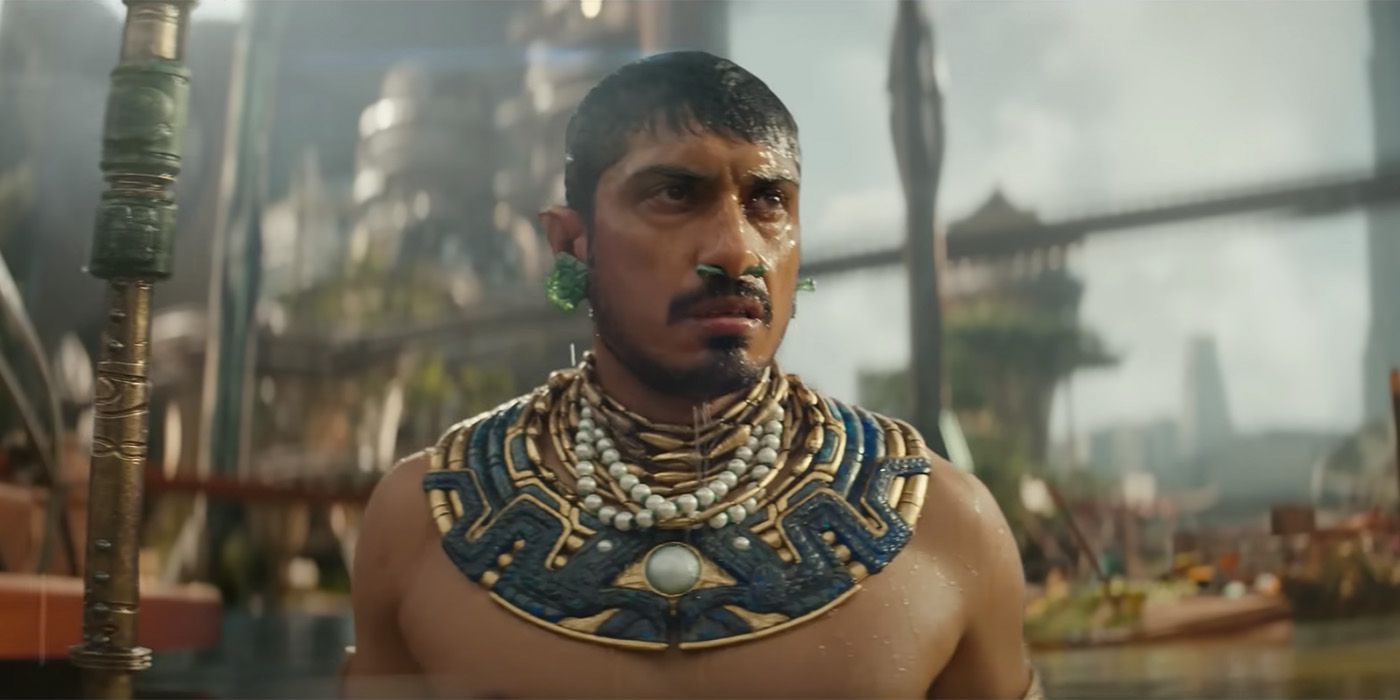
In fact, he has defeated the Hulk trio; She-Hulk, Hulk, and Red Hulk in the comics, as well as standing up against Jane Foster’s Mighty Thor. He as an antagonist is interesting enough, but to see him perhaps become allies with forces he is much against in order to defeat a common foe might be interesting as the focus of the MCU has shifted a lot to the Hulks and Thors.
Black Panther: Wakanda Forever would be available to watch in theatres from 11th November 2022.
Also Read: Black Panther: Wakanda Forever Cast: Who is the New Black Panther After Chadwick Boseman?
Source: The Direct


